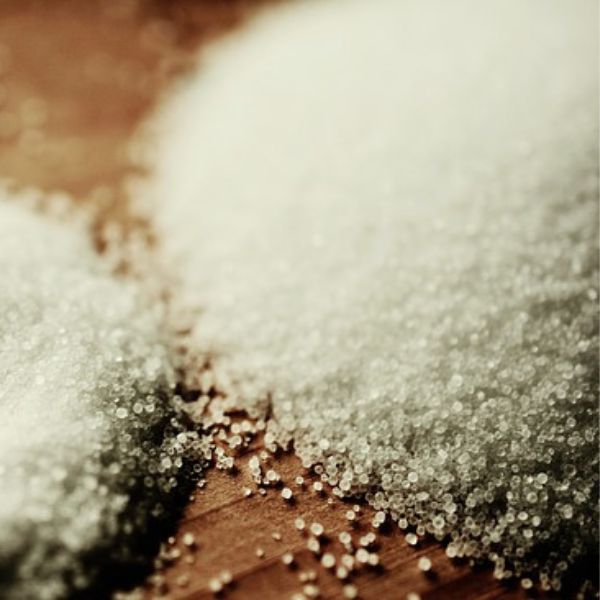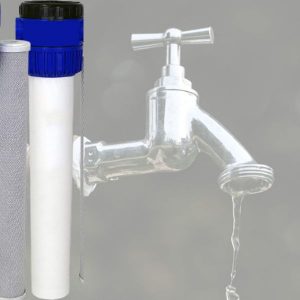Will Water Softener Salt Kill Grass?
Using soft water to water your plants may lead to adverse effects. Using soft water to treat grass or soil will leave sodium behind.
Sodium on grass or soil makes plants think they’ve absorbed more water than needed. This causes dehydration especially in areas where rainfall isn’t common.
The dehydration may kill your grass and plants!
Will Running Water Softeners Without Salt Ruin Them?
Yes, using your water softeners without softener salt impairs and may eventually ruin your unit!
Without the proper salt for softeners, you can’t achieve the resulting soft water.
Salt is used during the regeneration cycle to recharge the resin bed. This initiates a reverse ion-exchange process. Once recharged, the resin beads can begin to remove hard minerals from your water supply again!
Why Do Water Softeners Use Salt?
Hard minerals are removed through ion exchange. Resin beads are negatively charged and hard ions are positively charged.
Once the resin beads remove as many hard minerals as possible, it requires regeneration to conduct the same process again. This is why softeners use salt.
A salt solution is washed through the resin tank. This initiates a reverse ion exchange to wash hard water minerals from the resin bed.

Can You Put Too Much Salt In A Water Softener?
This depends on the level of water hardness, your level of water consumption, and your brine tank’s size.
If you’re a large family you’ll have to add a large quantity of salt. If your water hardness level exceeds 10 gpg, your unit’s salt intake will increase. Similarly, if you have a large tank, you can’t add a little salt, thinking it’s enough!
Ensure that your tank is at least a quarter full of salt and it’s 4-6 inches lower from the top of your tank!
How Long Do Salt Blocks Last In Water Softeners?
With proper care and maintenance, your salt block can last up to 2 months. This also depends on your level of water usage as well as the size of your family.
On average, however, a salt block lasts 6 to 8 weeks. It is advised that you keep a regular check on the brine tank.
If you see excessive salt bridging or salt mushing you should immediately take care of it.
Can Salt From A Water Softener Cause High Blood Pressure?
Water softeners replace hard minerals with sodium. If you live in an area of high water hardness, your unit can add a significant amount of sodium to your supply.
The harder the water the more sodium your unit will use. So to determine if sodium is bad for you, you need to measure the level of water hardness first!
Conclusion
We hope we’ve cleared out any relevant questions you may have in the future while using your softening unit!
